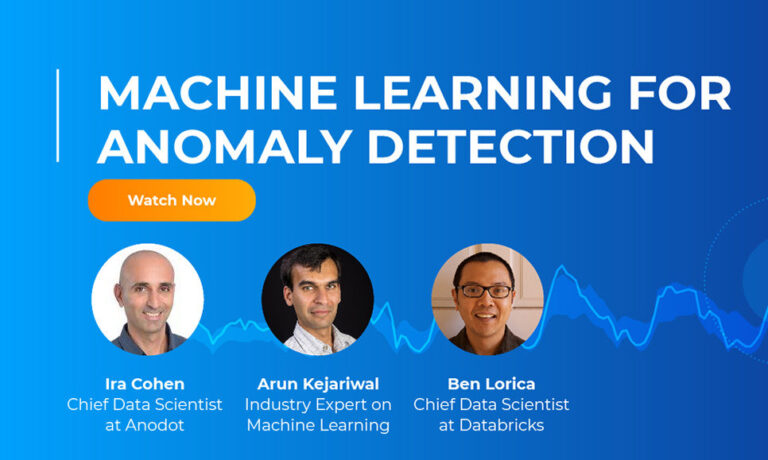Blog Post
3 min read
Do You Trust Your A/B Test Results? Run and Monitor Them for Continued Success
Many product managers assume that once the A/B test is over that the job is done, but there are ongoing reasons to monitor the winning results.
Read more








